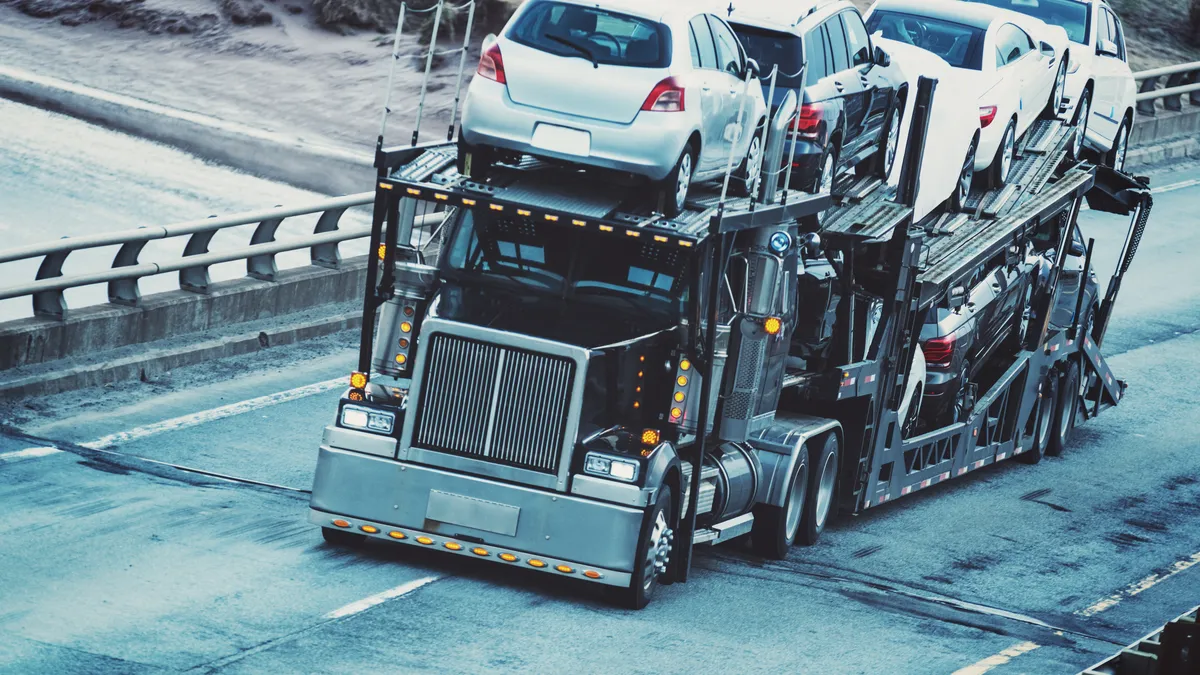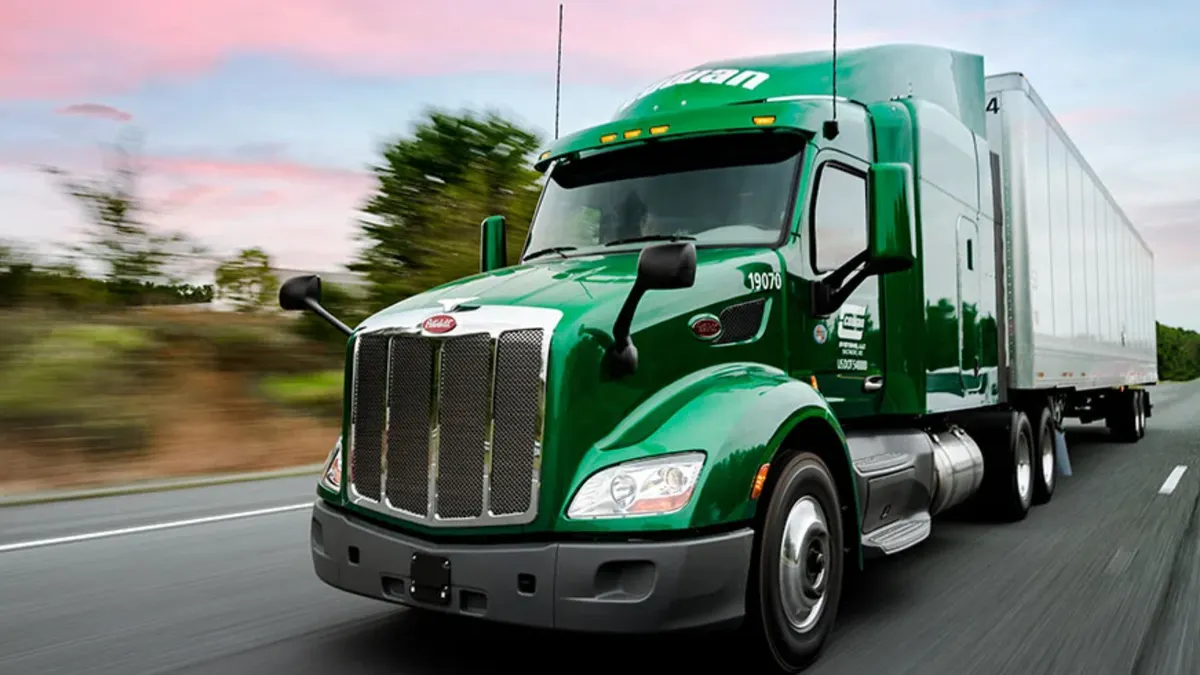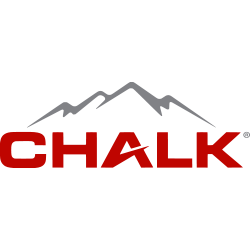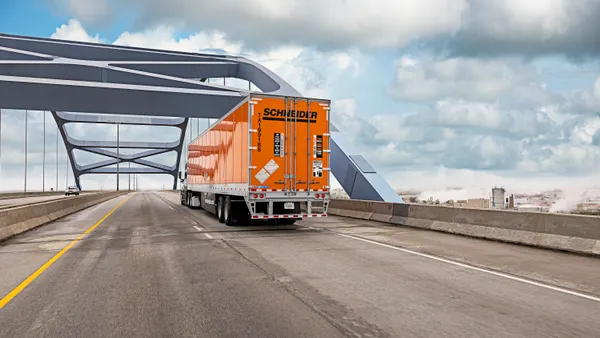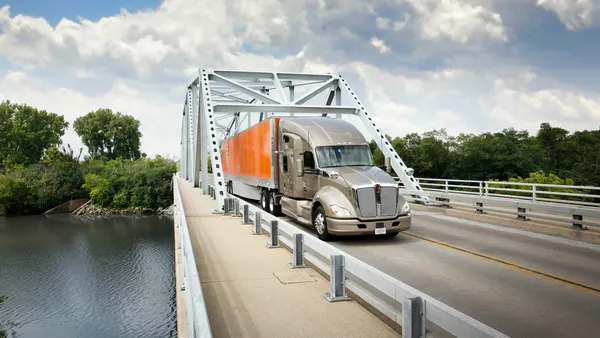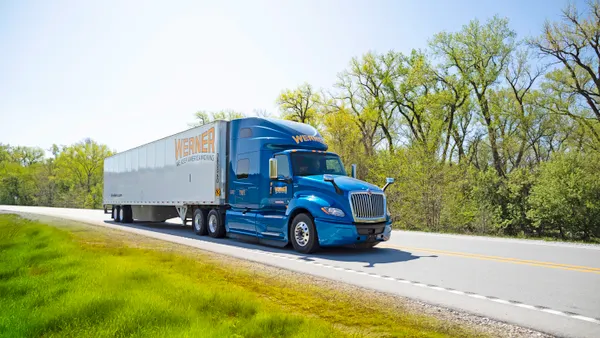Five automobile carriers are pursuing a $180.4 million merger and initial public offering as a combined trucking giant known as Proficient Auto Logistics, according to a securities filing this month.
Florida-based Proficient Auto Transport is leading the roll-up of Delta Auto Transport, Deluxe Auto Carriers, Sierra Mountain Group, Tribeca Automotive and itself into what would be one of the largest auto hauling fleets in North America.
The companies boast a combined 1,130 auto trucks and trailers and 649 employees at 49 locations across the country, as of November. The filing did not include a combined revenue total but listed the companies’ 2023 combined net income as $8.3 million.
Proficient Auto Logistics’ founding companies provide transportation for large, global automakers such as General Motors, Stellantis and Mercedes-Benz. The carriers also haul electric vehicles for Tesla and Rivian, as well as autos for dealers, auctions, rental car companies and leasing companies.
GM is the carriers’ largest customer, making up more than a quarter of their combined operating revenue last year, according to the filing. The companies’ top five accounts made up nearly 60% of their operating revenue, and their top 10 customers accounted for 84.3%.
While Proficient Auto Logistics was incorporated in June with headquarters in Jacksonville, Florida, “we have not operated as a combined company and are dependent upon this offering to complete the Combinations,” the filing said.
The prospectus filing seeks an initial public offering of the combined company’s stock as soon as practicable, but it did not include a proposed date for the IPO.
At a tumultuous time for the automotive industry, the combined trucking company views increasing electric vehicle adoption as a key potential growth area.
EVs can be as much as 30% heavier than comparable internal combustion engine vehicles, “effectively reducing practical capacity from nine or more vehicles to six vehicles per load,” the filing said. That subsequently increases the number of trucks needed to carry the same number of vehicles.
“This represents a significant reduction in overall network capacity at a time where equipment shortages are still present, creating a sizeable opportunity for scaled providers to handle additional loads,” the company said.


